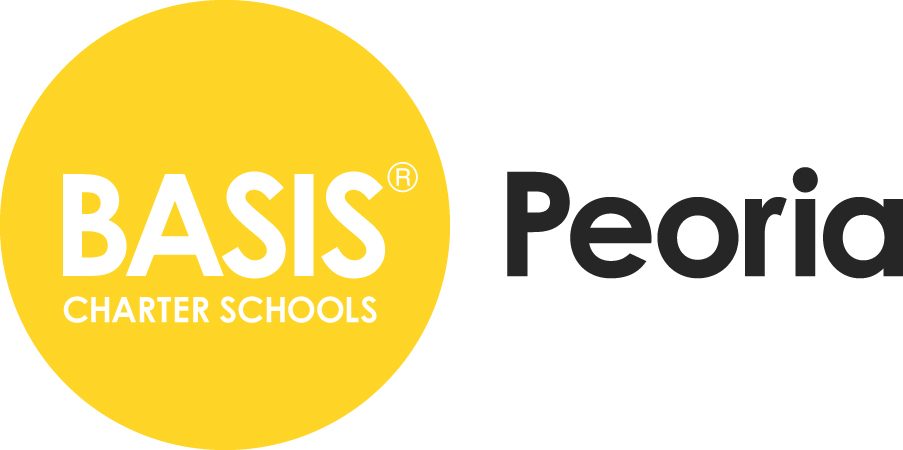Null hypothesis issues
Saanvi Y -
Accepting the null hypothesis is probably one of the most painful things about this research. I have been able to reject three null hypotheses in relation to participation for the Argon class, which statistically shows that the gender integrated seating arrangement helps increase student participation in the classroom. However, when I finished grading their knowledge checks and running the one tailed t test, the data was not statistically significant. Unfortunately, at least for the class’ overall achievement, they did not have a significant increase. In fact, on the class average for the week, they went down by 2%. Now, that doesn’t mean they statistically decreased in achievement, but it does mean they didn’t go up.
This might mean that participation and achievement might not go hand in hand as it is considered to. While they participated more, made more meaningful contributions, and simply paid more attention, their actual understanding of the material remained unchanged. I believe this may be due to the time constraint. Trying to see any change in achievement over the course of two weeks might have been too bold, but it was all the time I could afford. It is clear to me that the duration of the research was one of the issues in methodology, and I intend to discuss that in my paper.
Argon seems to have clear data, so I will be moving onto finishing up Neon later this week. Based on what data I have seen, Neon might follow the same pattern where their participation increases but their achievement does not.
I am finishing up my paper alongside my data analysis and struggle to understand what would be the easiest way to share my data. Do I provide my logs? Do I separate my class or by participation and achievement? Should I create an index of the types of questions asked? I don’t have much time, so I will have to decide soon. I might just follow what papers I have read have done, where they included the questions if there was an index.
